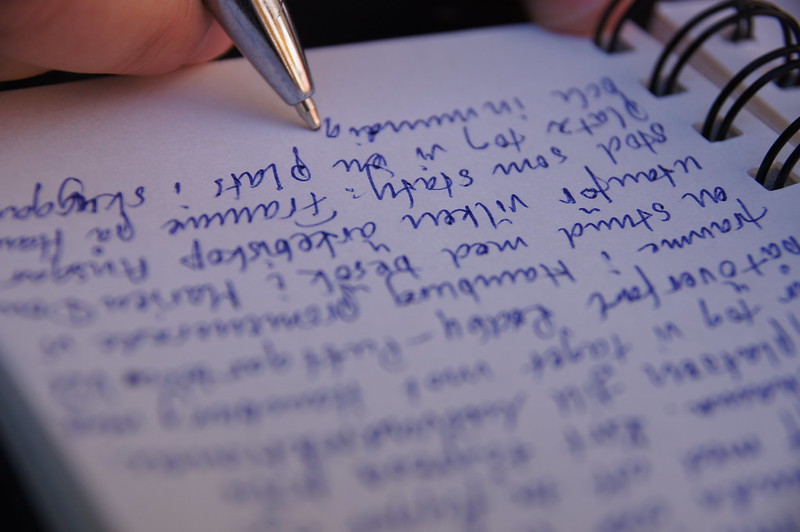Storytelling is not only an essential part of healing but also represents an ethical choice. This is what sociologist Arthur W. Frank argues in The Wounded Storyteller, a seminal work on the importance of stories and illness. As an ethical choice, Frank writes, storytelling is not a choice between good and bad or between right and wrong. Instead, the choice resides in what stories we tell, how those stories reflect one’s interaction with illness and whether the stories are told to others or for others.
As Frank explains, illness often represents the loss of an individual’s voice: they become subjected to a system that reduces their minds and bodies to a series of lab values and images. But in our new “post-modern” age of medicine, storytelling constitutes the most significant attempt at reclaiming a lost narrative. Like monstrous waves wreck ships upon the rocky shore, illness breaks over the bow of our life and scatters the debris along shores of instability. And like maps often lead us to treasure, stories provide frameworks that guide us back to normalcy. The maps of illness that we create both form and are informed by our lives. And when patients share their stories, when physicians live out and tell stories for others, the maps can become the starting point for those with similar experiences.
But what happens when an illness like COVID-19 is societal, when it pervades global thought, when it is ever-present and always looming? This is not to say that COVID-19 does not have very real, very personal impacts on those with the disease. But this collective experience has shifted the global perspective on illness and what it means to be sick. Few occurrences in the history of humankind have so reflected our own mortality back at us; faced with such grim reality, some choose unity and others, division.
In the last year, issues of politics, morality, and social order have reached boiling points precipitated by oppressive global stress. Yet despite such discord, we have witnessed a rallying of individuals that stretches across borders and oceans in pursuit of a common goal: the annihilation of perhaps the greatest threat to peace in a generation. And it is ultimately out of this union that stories can emerge, and we can begin our journey towards social, political and humanitarian well-being.
Our illness narrative, the COVID narrative, is about so much more than regaining health (though I acknowledge that for those afflicted by the disease, overcoming the debilitating circumstances may be more than can even be hoped for). Returning to Frank’s ideas, our narrative is about rediscovering the voice that was stolen by forces beyond our control. It is about redefining who we are as a society and as a species: our collective body, marred by the ravages of disease, is no longer that with which we were once familiar. Our body has changed, has been molded by a great evil. Now unrecognizable, this body requires a new voice, one that can speak of the realities we have faced.
How do we find this new voice? Through stories.
The stories we choose to tell serve many functions: not only do they preserve our experiences for posterity, but they also help us sort through the noise to forge a new common identity. In this sense, stories that affirm our experiences are necessary for self-discovery and for the transmission of wisdom. Yet for all their worth, the powerful role stories play in creating memory has immense potential for abuse.
Frank describes illness as a disruption in temporality: illness often comes upon us swiftly and without warning; we do not envision illness at any specific point in our future, so our falling ill represents a serious disarrangement of our personal timeline. In other words, our present illness is not the future we imagined when we were in the past.
Yet, as Frank explains, telling and bearing witness to the stories of oneself and others helps to recreate a “cohesive temporality” — a restored memory. We can, in a very real sense, create memories that shore up the perceived discrepancies in our timelines. Thus, the telling of stories requires extreme premeditation: before we can begin telling our stories, we must be certain we are telling the right ones. Otherwise, without caution, creating becomes manufacturing.
It, therefore, falls upon us to make responsible decisions about how we frame the events of our past. We must guard against those who may wield the power of stories for their own interests, and we must ensure that what we declare is wide enough to encompass our common experiences.
So, when the dust settles, what choice will we have made? What stories will we tell those who come after us? And in doing so, how will we shape our past and our present?
Image credit: diary writing (CC BY-SA 2.0) by freddie boy

